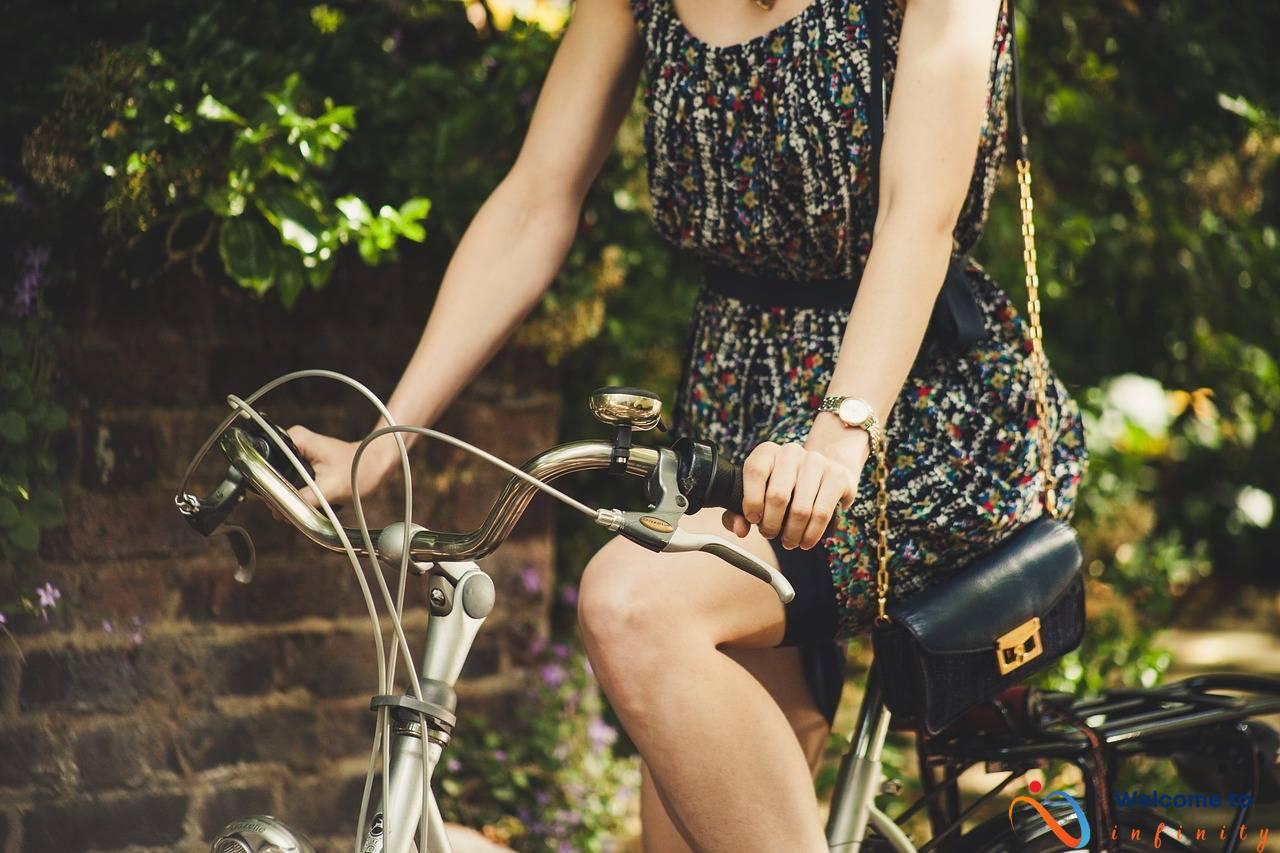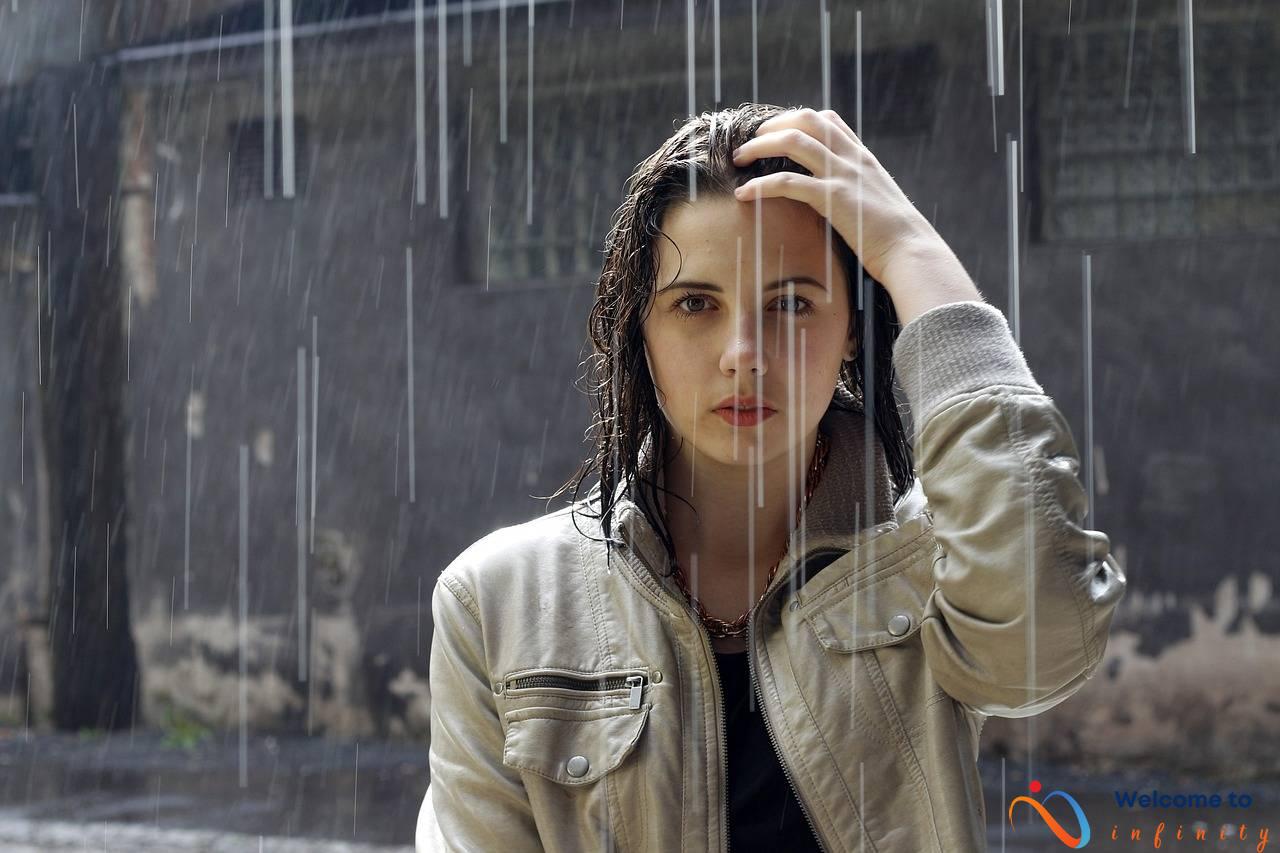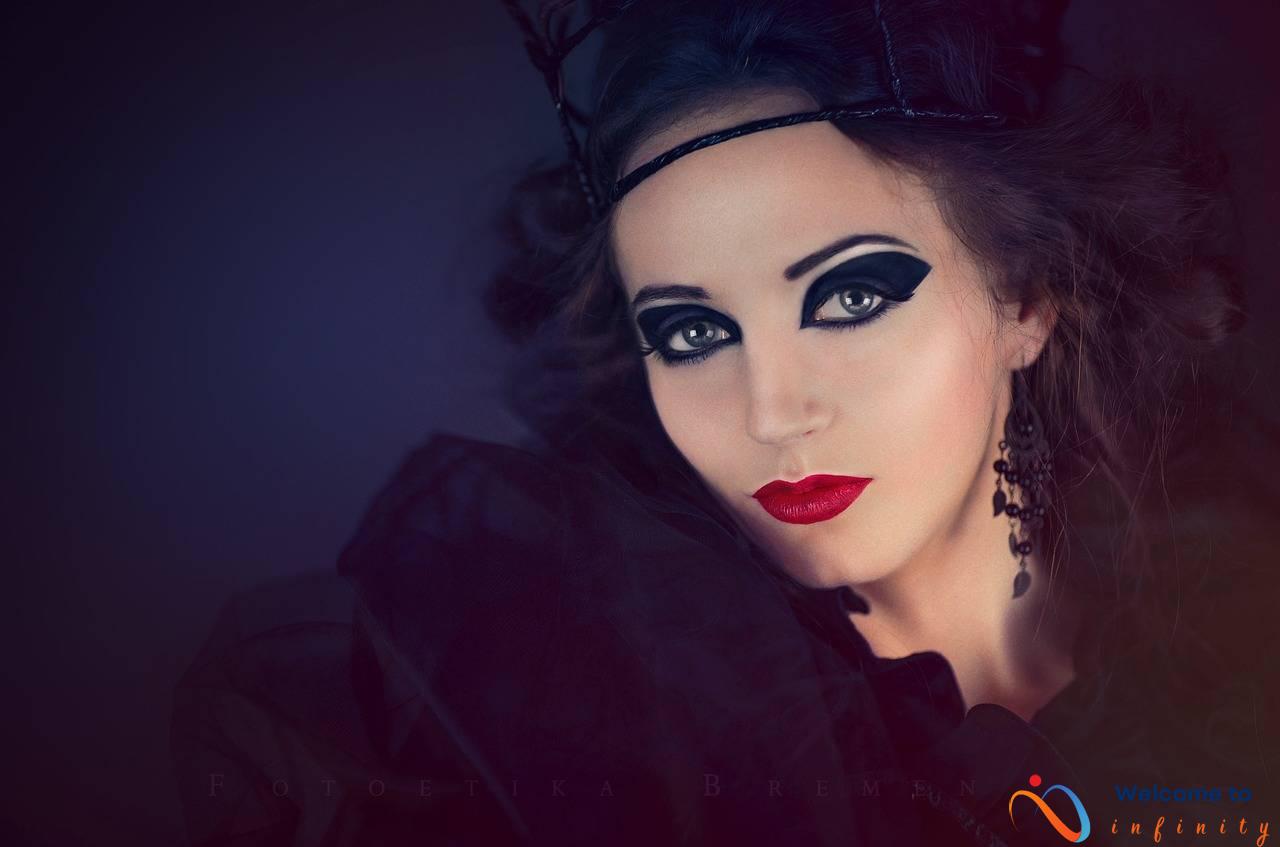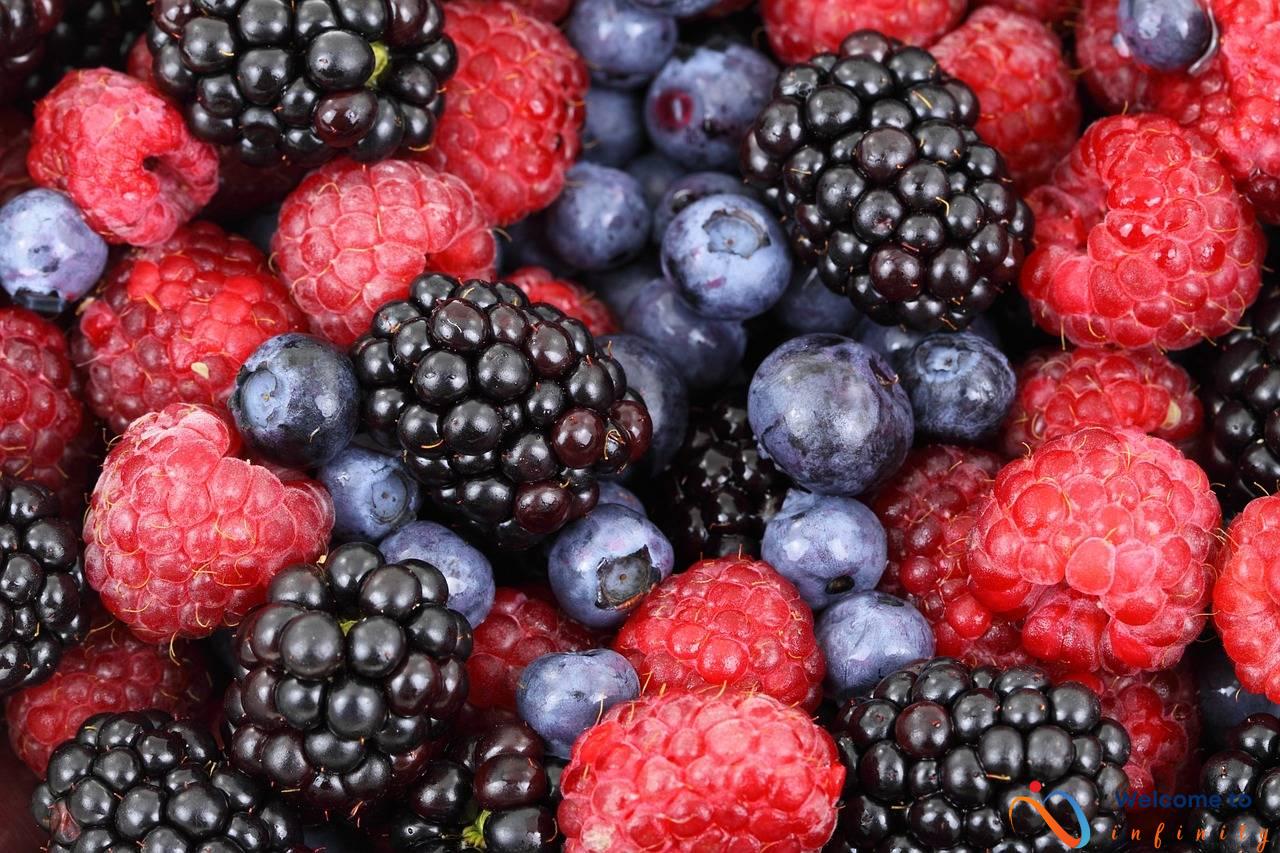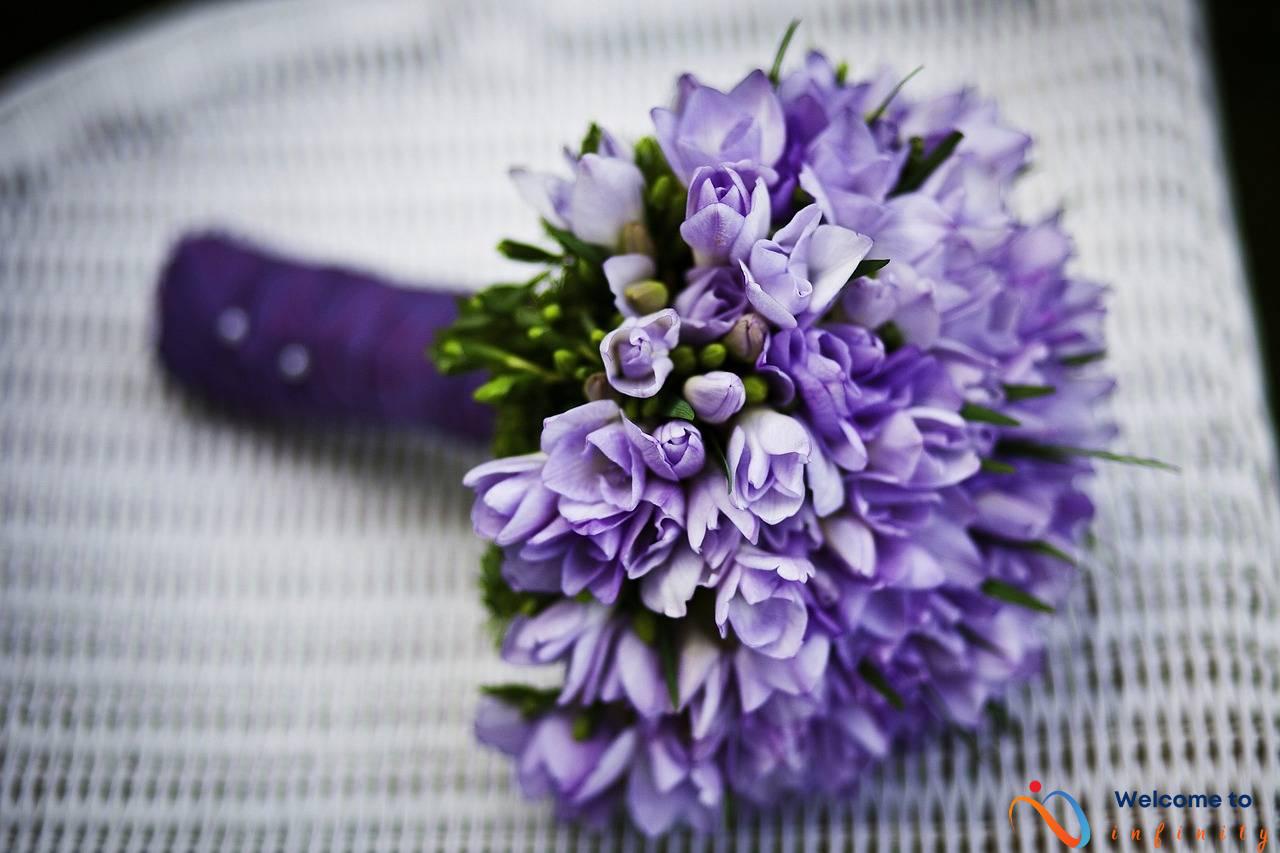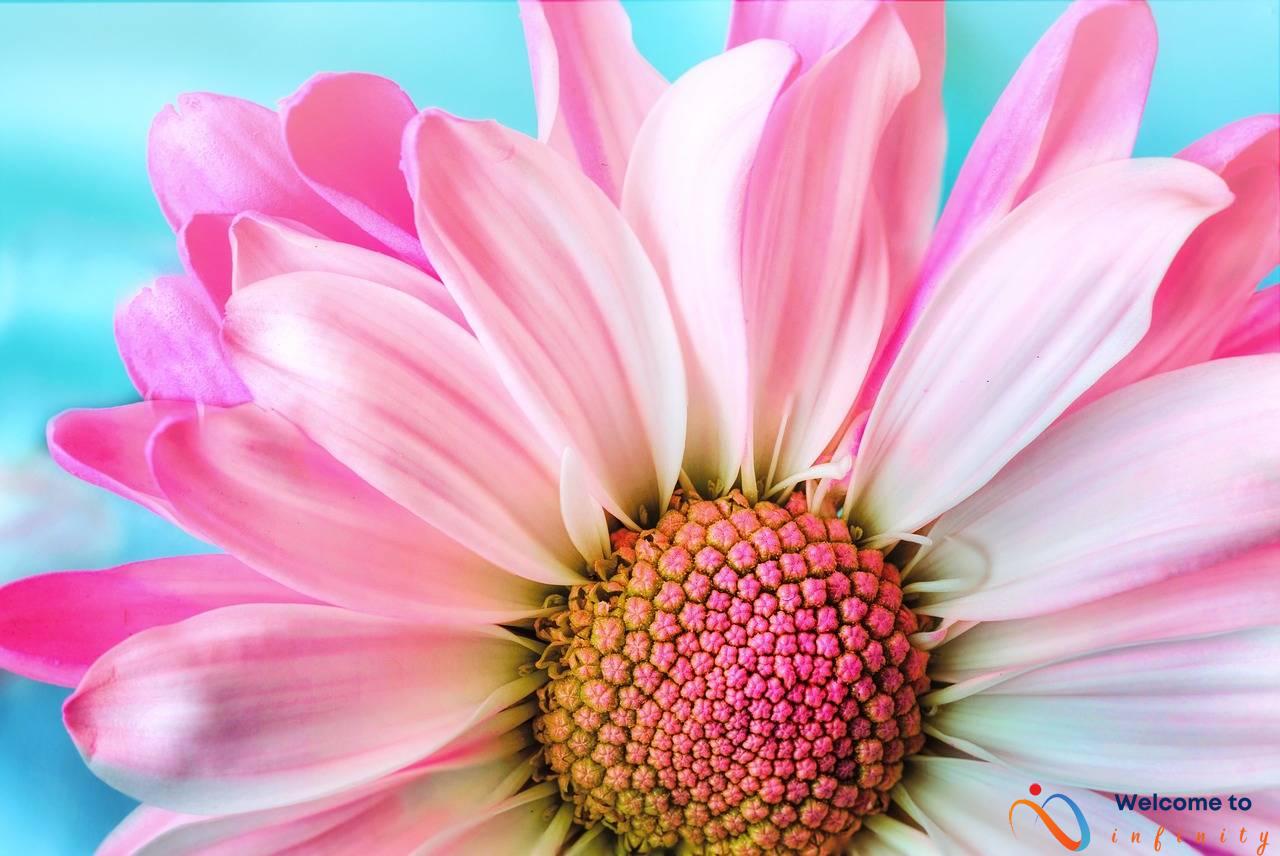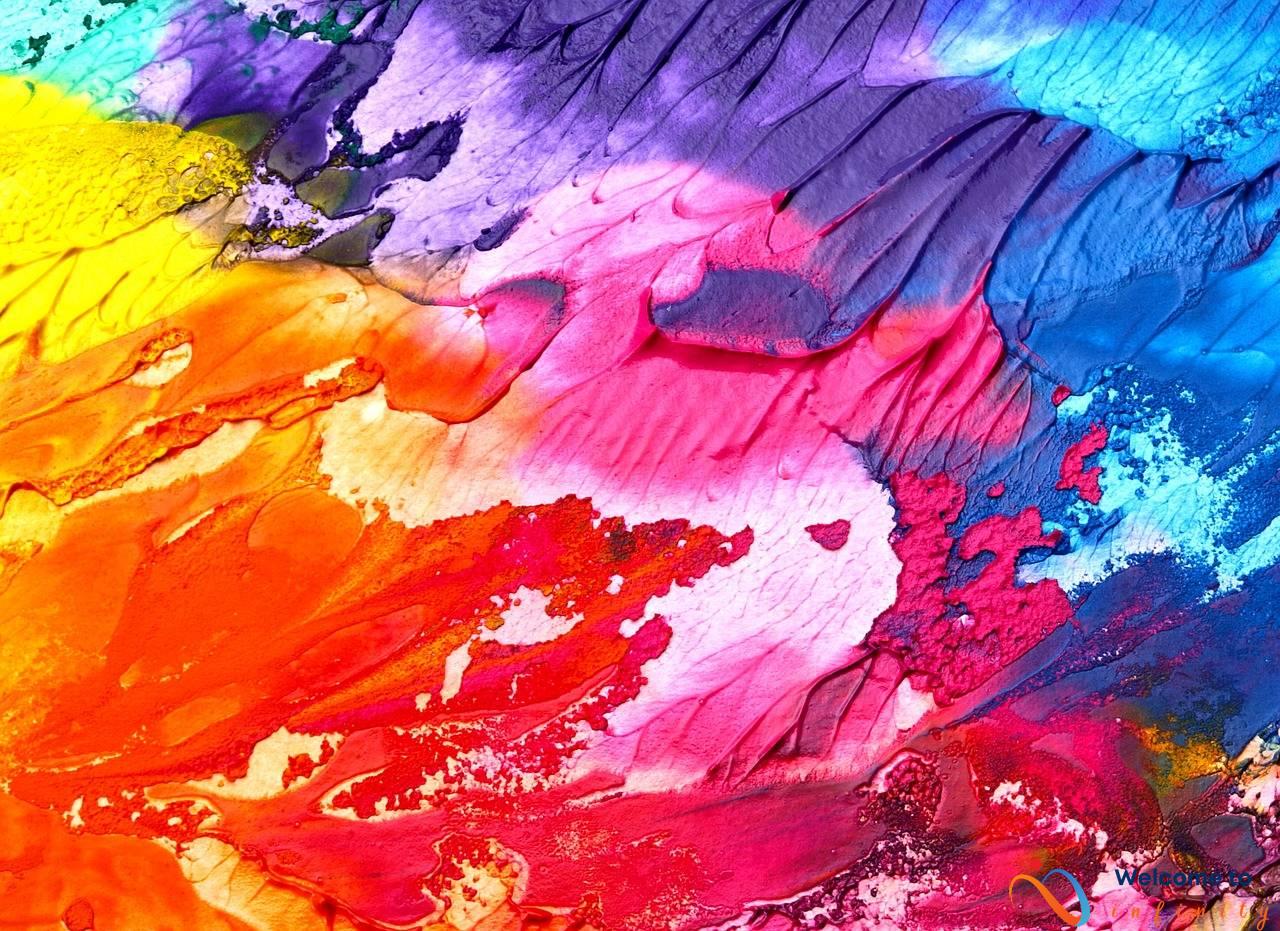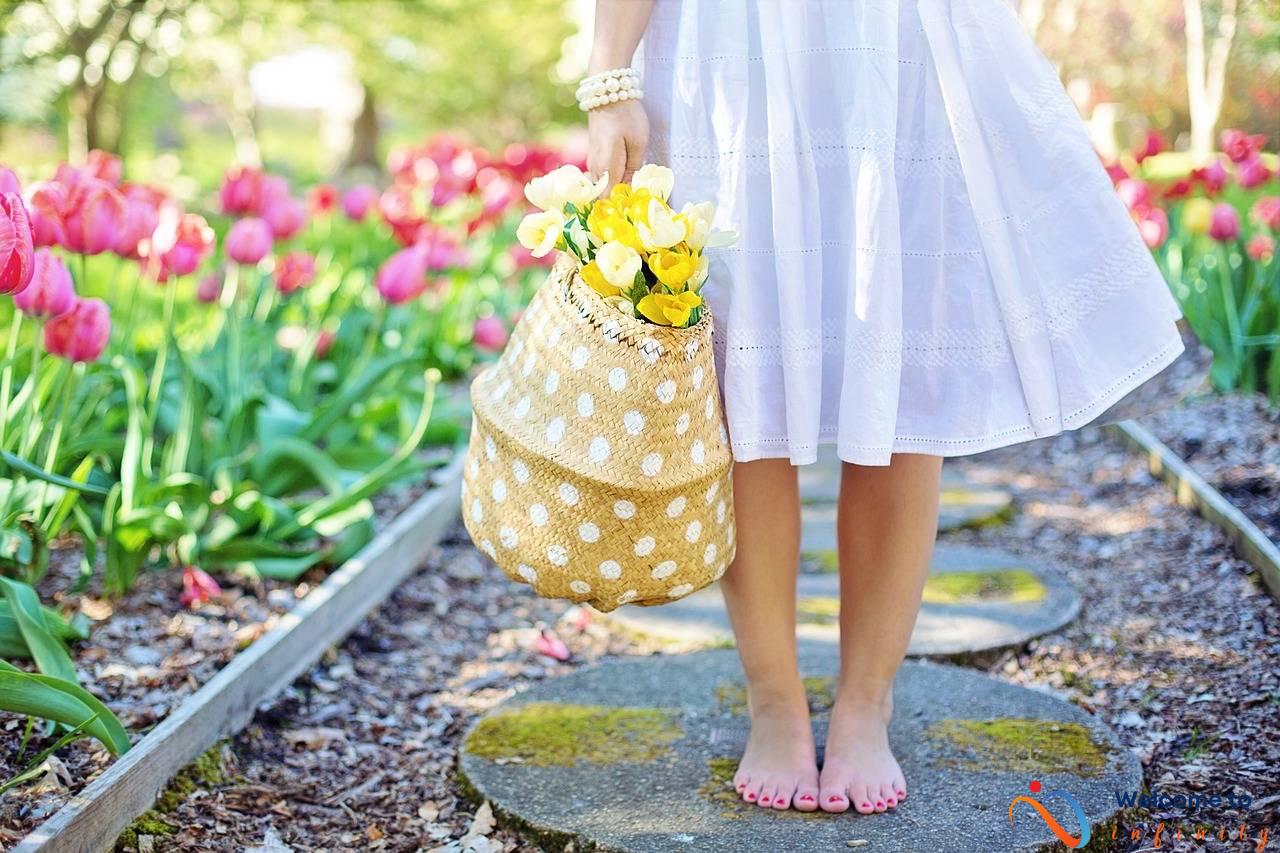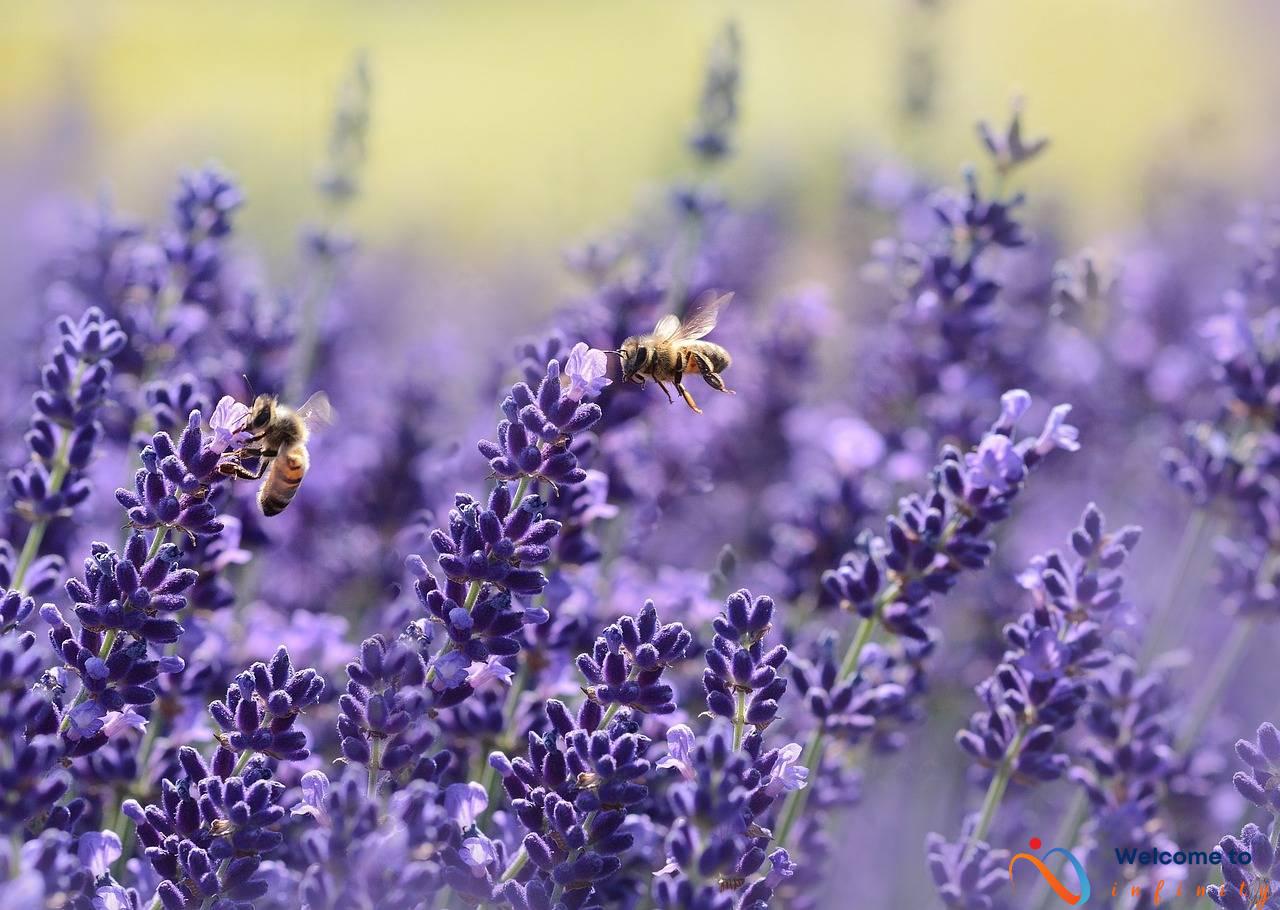Have you ever wanted to create a unique perfume that reflects your personal style and mood? With essential oils, it's easy to make your own signature scent that is all yours! Perfumes made with essential oils are natural, safe, and free from harsh chemicals, making them perfect for those with sensitive skin or allergies.
The first step in making your own perfume with essential oils is to choose the scents that you love. Essential oils such as lavender, rose, sandalwood, patchouli, and bergamot are popular choices for perfumes. Choose scents based on your personal preferences and needs – do you want a relaxing scent for winding down, or an invigorating scent for starting your day?
Once you have chosen your essential oils, you will need to gather your materials, including a carrier oil, alcohol, and a glass bottle. Carrier oils such as jojoba, almond, or grapeseed oil are ideal for diluting essential oils and making them safe for use on the skin. High-proof alcohol such as vodka or grain alcohol will help your perfume last longer, while a dark glass bottle will protect your perfume from light and keep it fresh.
Now that you have your materials, it's time to create your unique scent. Carefully measure out your essential oils, carrier oil, and alcohol according to your desired scent strength. Experiment with different combinations until you find the perfect balance of scents. Combine the ingredients in your glass bottle and shake well to mix thoroughly. Let your perfume age for at least two weeks to allow the scents to blend and deepen.
When your perfume is ready, apply it to pulse points for a long-lasting scent. The warmth of your body will help activate the essential oils and release their fragrance. You can apply your perfume to your wrists, neck, and other pulse points for a subtle yet lasting scent. Reapply as needed throughout the day to keep the fragrance fresh and fragrant.
Making your own perfume with essential oils is a fun and creative process that allows you to express your unique style and personality. With a little experimentation and a few simple steps, you can create a scent that is all your own!
Choosing Your Essential Oils
Are you ready to create a perfume that suits your unique personality and emotions? The first step is to choose your essential oils carefully. Essential oils are extracted from plants and each has its unique scent and properties. Here are a few tips to help you select the right essential oils.
The scent of your perfume should reflect your personal preferences. Choose oils that you find appealing or that evoke special memories. If you're not sure where to start, consider citrus oils for a refreshing and uplifting scent, floral oils for a romantic and feminine aroma, and woodsy or earthy oils for a more grounded and natural scent.
Essential oils have been used for centuries for their healing and mood-enhancing properties. Consider selecting oils that address your emotional needs. For example, if you need to relax and reduce stress, lavender or chamomile oil might be a good choice. If you want to boost your energy and confidence, peppermint or lemon oil may be more appropriate.
Don't be afraid to experiment with different combinations of oils until you find the perfect blend for you. Keep track of the oils you use and the proportions in a notebook, so you can reproduce your scent later. You can even create a few different scents based on different moods or occasions.
- Consider taking an aromatherapy course to learn more about the properties of different essential oils and how they can be combined for different effects.
- Always choose high-quality essential oils to ensure their purity and potency.
- If you have sensitive skin, test a small amount of each oil on your skin first to make sure you don't have an allergic reaction.
Choosing the right essential oils is the first step in creating a perfume that is uniquely yours. With a little experimentation and creativity, you can create a signature scent that reflects your personality and enhances your mood.
Gathering Your Materials
If you want to make your own perfume with essential oils, gathering your materials is the first step. You will need a few basic items to get started, including essential oils, carrier oil, alcohol, and a glass bottle. Each of these materials is essential for creating a perfume that smells great and lasts for hours.
The first item you will need is a selection of essential oils. You can choose your oils based on your scent preferences and emotional needs. Some popular oils include rose, lavender, peppermint, vanilla, and sandalwood. Experiment with different combinations until you find the perfect blend. Remember to choose high-quality oils for the best results.
Carrier oils are used to dilute the essential oils and help them release their fragrance over time. When selecting your carrier oil, choose one that suits your skin type and won't overpower the scent of the essential oils. Some popular carrier oils include jojoba, sweet almond, and grapeseed oil.
The alcohol in your perfume helps to bind the oils together and makes the scent last longer. Use high-proof alcohol, such as vodka or grain alcohol, for the best results. You can experiment with different types of alcohol to create a unique scent.
A dark glass bottle is essential for storing your perfume. The dark glass protects your perfume from light and keeps it fresh. Make sure to choose a bottle with a tight-fitting lid to prevent evaporation. You can find glass bottles online or at your local craft store.
Once you have gathered these materials, you are ready to start making your own perfume with essential oils.
Essential Oils
When making your own perfume with essential oils, it is important to choose high-quality oils to ensure a high-quality scent. Essential oils are highly concentrated and come from a variety of plants, each with its own unique fragrance.
It's helpful to experiment with different combinations to find the perfect scent for you. Try blending floral oils, such as lavender or rose, with citrus oils, like bergamot or lemon, for a fresh and uplifting fragrance. Or, create a calming scent by combining lavender with earthy oils like frankincense or sandalwood.
When choosing your essential oils, consider your emotional needs as well as your scent preferences. Certain scents, like peppermint or eucalyptus, can have a stimulating effect, while others, like chamomile or ylang-ylang, have a calming effect.
It's important to note that essential oils are potent and should be used sparingly. Start with a few drops of each oil and adjust as needed. Keep in mind that the scent will intensify as it ages, so a little goes a long way.
Below is a list of popular essential oils and their fragrance profiles:
- Lavender: Floral, herbaceous
- Bergamot: Citrus, floral
- Lemon: Bright, fresh
- Frankincense: Woody, earthy
- Sandalwood: Soft, warm
- Peppermint: Minty, refreshing
- Eucalyptus: Fresh, clean
- Chamomile: Sweet, fruity
- Ylang-ylang: Floral, sweet
Experiment with different combinations of essential oils to create a unique and personalized scent that suits your preferences and emotional needs. Remember to choose high-quality oils and use them sparingly to create a well-balanced and long-lasting fragrance.
Carrier Oil
If you want to make your own perfume with essential oils, choosing the right carrier oil is just as important as selecting the essential oils themselves. A carrier oil is used to dilute the potency of the essential oils and prevent skin irritation. Plus, it helps the scent of the essential oils to last longer on the skin.
There are several carrier oils to choose from, including sweet almond, jojoba, coconut, and grapeseed oil. When selecting a carrier oil, consider your skin type. If you have dry skin, opt for a heavier oil like almond or coconut. Those with oily skin may prefer a lightweight and non-greasy oil like jojoba or grapeseed.
It's also important to choose a carrier oil that won't overpower the scent of the essential oils. Neutral oils like jojoba and almond allow the essential oils to shine, while stronger-smelling oils like olive or avocado may clash with or overpower your desired scent.
If you're unsure which carrier oil to choose, experiment with a few different oils and blends until you find one that works well with your skin type and preferred scent. You can also consult with a knowledgeable salesperson at a health food store or an aromatherapy practitioner to help guide you in your oil selection.
Alcohol
If you want your homemade perfume to last as long as possible, adding alcohol is a must. High-proof alcohol, such as vodka or grain alcohol, is ideal for this purpose.
Alcohol not only helps the scent of the essential oils penetrate the skin, but it also acts as a preservative, keeping your perfume fresh for longer. It also helps the scent to last on your skin by evaporating more slowly than carrier oils.
Be sure to choose an alcohol that is safe for use on the skin. Denatured alcohol, which is used in many industrial applications, is not appropriate for this use. Look for an alcohol that is at least 60% proof, as it will be strong enough to help preserve your perfume.
It's important to keep in mind that adding alcohol to your perfume will make it more pungent than if you use only essential oils and carrier oils. To achieve the perfect balance, experiment with the amount of alcohol that you add. Too much and the alcohol will overpower the essential oils, too little and your perfume will not have the staying power you desire.
When adding alcohol to your perfume, it's important to use it in the right ratio. A good rule of thumb is to add about 30% alcohol to your perfume mixture. If you're using 2 oz of carrier oil, for example, add 1 oz of high-proof alcohol and the remaining 1 oz will be the essential oils.
Overall, adding alcohol to your perfume can be a great way to enhance its staying power and make the scent last longer. With a bit of experimentation, you can find the right ratio to create the perfect perfume for you.
Glass Bottle
When it comes to storing your newly created perfume, choosing the right bottle is crucial. Using a dark glass bottle, such as amber or cobalt, is important because it protects your perfume from light. Exposure to light can cause essential oils to go rancid, resulting in a less than desirable scent.
In addition to offering protection from light, a glass bottle also allows the scents to blend and mature over time, resulting in a better overall fragrance. It is important to choose a glass bottle with a tight-fitting cap to prevent air from entering and possibly causing oxidation of the oils.
When selecting a bottle, make sure it is clean and sterilized before use. You can sterilize your glass bottle by boiling it in water for a few minutes, letting it cool before pouring in your perfume mixture. As an alternative, you can also use rubbing alcohol to sterilize the bottle.
Once your perfume is poured into a glass bottle, label it with the name of your scent and the date it was created. This will help you keep track of your perfumes and note which combinations you prefer. Keep your perfume in a cool, dry place away from direct sunlight to prolong its shelf life.
By using a dark glass bottle for your homemade perfume, you are not only protecting your fragrance but also adding a touch of elegance to your perfume collection.
Making Your Perfume
Making your perfume can be a fun and creative process, and with the right materials, you can create a unique and personalized scent. To begin, you will need to gather your essential oils, carrier oil, alcohol, and glass bottle. Make sure to choose high-quality oils, and experiment with different combinations to find the perfect scent for you.
When measuring your ingredients, be sure to measure carefully to achieve the perfect balance of scents. For a 10ml bottle of perfume, you will need approximately 10-15 drops of essential oil, 5ml of carrier oil, and 2-3ml of alcohol. Combine these ingredients in the glass bottle and shake well to mix.
After mixing, allow your perfume to age in a cool dark place for at least two weeks. This will allow the scents to blend and deepen, creating a more complex and long-lasting aroma.
When using your perfume, apply it to your pulse points for a long-lasting scent. Pulse points include the wrists, neck, behind the ears, and the inside of the elbows. For a more subtle scent, apply a small amount to your clothing or hair.
To ensure your perfume stays fresh, store it in a cool, dark place away from direct light. Using a dark glass bottle will also protect your perfume from light and help to maintain its potency.
In conclusion, making your own perfume with essential oils is a simple and fun process that can result in a unique and personalized scent. By choosing high-quality oils and experimenting with different combinations, you can create a fragrance that suits your scent preferences and emotional needs. Remember to measure your ingredients carefully, age your perfume, and store it properly to maintain its freshness and potency.
Measuring
When creating your own perfume with essential oils, it's important to measure your ingredients carefully to ensure the perfect balance of scents. Too much of one ingredient can overpower the other scents and ruin the overall fragrance. Here are a few tips for measuring your essential oils, carrier oil, and alcohol:
- Measure your essential oils drop by drop using a dropper or pipette. This will give you precise control over the amount of each oil you use. Start with small amounts and add more as needed to achieve your desired scent.
- Measure your carrier oil by volume using a measuring cup. The amount of carrier oil you need will depend on the size of your bottle and the strength of your essential oils. A general rule of thumb is to use 80-90% carrier oil and 10-20% essential oils.
- Measure your alcohol by volume using a measuring cup. The amount of alcohol you need will also depend on the size of your bottle and the strength of your essential oils. A general rule of thumb is to use 70-80% alcohol and 20-30% carrier oil and essential oils.
Remember, measuring your ingredients carefully will ensure that your perfume has a well-balanced and harmonious scent. It's best to start with small amounts and add more as needed to achieve your desired fragrance. Don't be afraid to experiment with different combinations and amounts until you find the perfect scent for you.
Mixing
Mixing the ingredients for your homemade perfume is a crucial step in the process of creating your own signature scent. To start, gather all of the necessary materials – essential oils, carrier oil, alcohol, and a glass bottle.
To begin mixing, carefully measure out the desired amounts of each ingredient. Depending on the recipe or scent combination, the ratios of essential oils, carrier oil, and alcohol will vary.
Once the ingredients have been measured, pour them into the glass bottle and securely fasten the lid. To combine the ingredients, vigorously shake the bottle for several minutes. This will thoroughly mix the oils with the carrier oil and alcohol, resulting in a consistent scent throughout.
It is important to note that some essential oils may take longer to blend fully. To ensure that all of the scents have combined and deepened, let your perfume age for at least two weeks before using.
If you are experimenting with different scent combinations, consider creating a small test batch first to avoid wasting materials. By being patient and deliberate in the mixing process, you can create your own unique fragrance that perfectly suits your taste and emotional needs.
Aging
Once you have combined your essential oils, carrier oil, and alcohol to create your unique scent, it is important to let it age. Aging allows the different scents to blend and deepen, resulting in a more complex and balanced fragrance. Let your perfume age for at least two weeks in a cool, dark place away from direct sunlight.
During the aging process, the scent will develop and change, so it's a good idea to smell the perfume every few days to track its progress. You may find that the initial sharpness of certain scents begins to mellow out, or that different notes become more pronounced.
If you're using a blend of essential oils that you've never used before, it's a good idea to let it age for even longer. Some oils take longer to mature than others, and it's important to give them enough time to fully develop.
While it's tempting to start using your perfume right away, the longer you let it age, the better it will smell. Once your perfume has aged for at least two weeks, it's ready to use. Apply it to your pulse points for a long-lasting scent that is uniquely your own.
Remember, the aging process is an important step in creating your own perfume, so be patient and allow the scents to blend and deepen over time. The end result will be a fragrance that is truly one-of-a-kind and reflects your own personal style and preferences.
Using Your Perfume
After creating your own unique scent with essential oils, it's time to apply it and enjoy the long-lasting fragrance. To make the most out of your homemade perfume, it's important to apply it to pulse points. These are areas on the body with a higher concentration of blood vessels, which help to amplify the scent and make it last longer.
The most common pulse points include the wrists, neck, inner elbows, and behind the ears. You can also apply perfume to the chest, behind the knees, and on the ankles for a more subtle scent.
When applying perfume, it's important to remember that less is more. Start with a small amount and build up gradually if needed. This will prevent the scent from becoming overwhelming and ensure that it lasts for the entire day.
Another tip for making your homemade perfume last longer is to apply it to freshly moisturized skin. This will help to lock in the scent and prevent it from evaporating too quickly. You can use your favorite lotion or a carrier oil such as jojoba or almond oil to moisturize your skin before applying perfume.
Lastly, don't be afraid to reapply your perfume throughout the day as needed. Essential oils have a natural scent and can dissipate more quickly than synthetic fragrances, so a quick touch-up can help to keep your signature scent going strong.
- Apply perfume to pulse points for a long-lasting scent
- Less is more – start with a small amount and build up gradually
- Moisturize your skin before applying perfume for better staying power
- Reapply your perfume as needed throughout the day
Application
Once you've created your signature scent, it's time to apply it! The best way to apply perfume is to focus on the body's pulse points. These are areas on the body where the blood vessels are closest to the skin's surface, producing heat and intensifying the scent. The pulse points include the wrists, neck, behind the ears, and inside the elbow.
Before you apply your perfume, make sure your skin is clean and moisturized. Apply a small amount of unscented lotion to these areas to help lock in the scent. Next, lightly spray or dab your perfume onto your pulse points. Be careful not to overdo it: a little goes a long way. You want the scent to be subtle and not overpowering.
If you want your scent to last longer throughout the day, consider applying it to your clothing as well. Be cautious when applying it to delicate fabric or light-colored clothing, as some oils may stain. Perfume can also be added to unscented body lotion or into a spray bottle with water to use as a body mist. This is a great option for those who want a lighter scent.
Remember, it's important to reapply your perfume throughout the day as needed. The scent will fade as the day goes on, and you may need to refresh it. However, be considerate of those around you and avoid overwhelming them with a strong scent. Your new signature scent should enhance your natural scent and be a pleasant addition to your daily routine.
Overall, learning how to make your own perfume with essential oils is a fun and creative way to express yourself and create a scent that is uniquely yours. With high-quality oils, a few simple steps, and careful application, you can have a long-lasting and memorable fragrance.
Reapplication
One of the best things about making your own perfume with essential oils is that you can reapply it as many times as you like without worrying about overpowering scents or harmful chemicals. To get the most out of your homemade perfume, apply it to your pulse points throughout the day, such as your wrists, neck, and even behind your ears.
Since essential oil perfumes typically have a lighter scent, you may need to reapply more often than you would with a commercial fragrance. A good rule of thumb is to reapply every 4-6 hours, depending on the strength of the scent and your personal preference. Remember, applying a small amount of perfume can go a long way, so don't overdo it.
If you're worried about carrying your homemade perfume with you, consider using a small glass rollerball bottle to easily apply the perfume to your pulse points without any mess. Additionally, you can also mix your essential oils with a carrier oil, such as jojoba or almond oil, to create a longer-lasting perfume that can be applied less frequently.
Experiment with different essential oil combinations and application methods to find what works best for you. With a little bit of creativity and experimentation, you can create a unique scent that not only smells amazing but also supports your emotional well-being and personal style.


